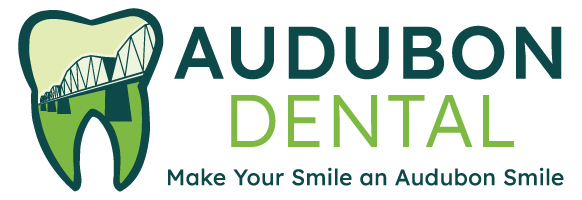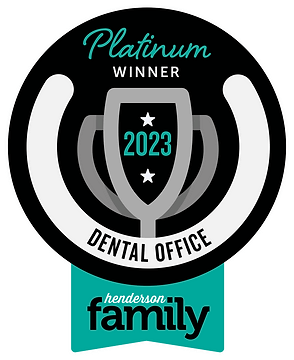How to Prevent Gum Disease: Tips for Healthy Gums
Gum disease, which affects nearly half of adults in the United States, often begins silently—without any noticeable symptoms until it’s too late. The stakes are high: if left untreated, it can lead to tooth loss and has even been linked to other health conditions like heart disease. With so much at stake, understanding how to maintain healthy gums is crucial not only for your dental hygiene but for your overall health.
To keep gum disease at bay, adopting effective oral care practices is essential. It’s not enough to rely solely on your toothbrush; a holistic approach that includes dietary adjustments, regular dental check-ups, and consistent oral hygiene habits is key.
Floss Regularly
Flossing is an essential part of maintaining healthy gums. While brushing your teeth removes plaque from the surface, flossing effectively cleans between your teeth and along the gum line that a toothbrush can’t reach. Aim to floss at least once a day, making sure to gently slide the floss between each tooth and curve it around the base of each tooth to remove any trapped food particles and plaque.
Choose the Right Toothbrush and Toothpaste
Choosing the right toothbrush and toothpaste can make a significant difference in your oral health. Opt for a soft-bristled toothbrush that effectively removes plaque without damaging your gums. An electric toothbrush may also provide a more thorough clean due to its consistent motion and built-in timers.
When selecting toothpaste, look for fluoride-containing options that help strengthen enamel and fight cavities. Additionally, toothpaste with antibacterial properties should be considered to help combat plaque buildup and promote healthier gums.
Maintain a Balanced Diet
A balanced diet plays a vital role in oral health. Foods rich in vitamins and minerals, particularly vitamin C, can boost gum health by promoting tissue regeneration and fighting inflammation. Incorporate plenty of fruits and vegetables, whole grains, lean proteins, and dairy products into your meals. Limit sugary snacks and beverages, as sugar can feed harmful bacteria in the mouth, leading to plaque buildup and gum disease. Staying hydrated is also important; drinking water helps wash away food particles and bacteria, keeping your mouth clean.
Avoid Tobacco Products
Tobacco use is one of the most significant risk factors for developing gum disease. Smoking or using other tobacco products weakens your immune system, making it harder for your body to fight off infections, including those affecting your gums. Additionally, tobacco can reduce blood flow to the gums, hindering their ability to heal. If you currently use tobacco products, seeking help to quit can significantly improve your oral health and lower your risk of gum disease.
Schedule Regular Dental Check-Ups
Dental professionals can identify early signs of gum disease before they progress into more severe issues. During these visits, your dentist or hygienist can perform professional cleanings to remove tartar buildup that regular brushing and flossing may miss. They can also provide personalized advice on your oral hygiene routine based on your specific needs.
Consider Using Mouthwash
Incorporating an antibacterial mouthwash into your routine can provide an additional layer of protection against gum disease. Mouthwash can help reduce plaque accumulation, fight bad breath, and kill bacteria that cause gum inflammation. Look for mouthwashes that contain ingredients like chlorhexidine or essential oils, which have been shown to be effective against gingivitis and other gum diseases. Use mouthwash as a complement to your brushing and flossing routine, but remember it should not replace these essential practices.
Manage Stress
Stress can negatively impact your overall health, including your oral health. High levels of stress can lead to increased inflammation in the body, which may exacerbate gum disease. Additionally, stress can contribute to habits such as teeth grinding (bruxism) and poor oral hygiene practices, both of which can further compromise gum health. To manage stress effectively, consider incorporating relaxation techniques into your daily routine, such as mindfulness meditation, yoga, or regular exercise. Prioritizing self-care and maintaining a balanced lifestyle can help reduce stress levels and support better oral health.
Limit Alcohol Consumption
Excessive alcohol consumption can also contribute to the development of gum disease. Alcohol can lead to dry mouth, which reduces saliva production. Saliva is essential for neutralizing acids produced by bacteria in the mouth and helping to wash away food particles. A dry mouth can increase the risk of tooth decay and gum disease. Limiting alcohol intake not only benefits your overall health but also supports a healthier oral environment.
Let Us Give You an Audubon Smile
The staff at Audubon Dental is committed to providing you with prompt, professional, and personal service. Discover the possibilities of a radiant and confident smile by scheduling a consultation with us today. Your journey to a brighter, healthier, and more beautiful smile begins here!





